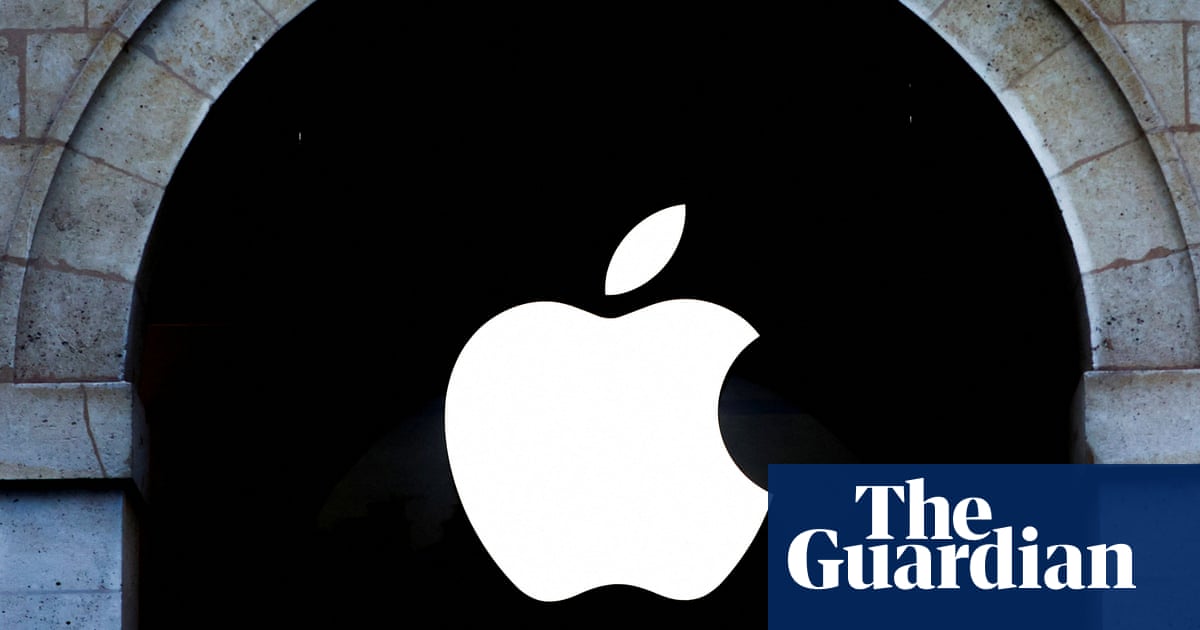Apple has been found to be in breach of sweeping new EU laws designed to allow smaller companies to compete and allow consumers to find cheaper and alternative apps in the tech business’s app store.
The European Commission, which also acts as the EU antitrust and technology regulator, said it had sent its preliminary findings to Apple following an investigation launched in March.
In preliminary findings, against which Apple can appeal, the European Commission said it believed its rules of engagement did not comply with the Digital Markets Act (DMA) “as they prevent app developers from freely steering consumers to alternatives channels for offers and content”.
In addition, the commission has opened a new non-compliance procedure against Apple over concerns its new contract terms for third-party app developers also fall short of the DMA’s requirements.
It is the third non-compliance investigation opened by the commission since the laws came into force last year.
As part of the investigation, the commission is examining the 0.50c charge, or “core technology fee”, Apple charges every time a developer’s app is installed on a phone.
The allegations that Apple is breaking EU law are the first against a tech company under the DMA, landmark legislation introduced last August to ensure six designated “very large online platforms” including Google, Amazon, Meta and ByteDance (TikTok) compete fairly.
The investigation comes three months after the commission opened its first inquiry into Apple’s approach to suppliers of phone apps.
In its preliminary findings on its earlier investigation, the EU has reiterated that the new digital laws require Apple to ensure that developers should be able “free of charge to |inform their customers of alternative cheaper purchasing possibilities, steer them to those offers and allow them to make purchases”.
It found that none of Apple’s business terms allow developers to freely steer their customers to cheaper alternatives to the tech companies’ preferred apps.
For example, they were not allowed to provide pricing information within the app.
The commission also found that Apple made it difficult for customers to find the pricing information, requiring them to “link out” to a web page where a customer could then find the contract details.
Finally, it found that the fees charged by the App Store “go beyond what is strictly necessary”.
“If the commission’s preliminary views were to be ultimately confirmed, none of Apple’s three sets of business terms would comply with article 5(4) of the DMA, which requires gatekeepers to allow app developers to steer consumers to offers outside the gatekeepers’ app stores, free of charge. The commission would then adopt a non-compliance decision within 12 months from the opening of proceedings on 25 March 2024,” the commission said in a statement.
In a statement Apple said it had made a number of changes to comply with the DMA in the past few months in response to feedback from developers and the European Commission investigators.
“We are confident our plan complies with the law, and estimate more than 99% of developers would pay the same or less in fees to Apple under the new business terms we created,” it said.
“All developers doing business in the EU on the App Store have the opportunity to utilise the capabilities that we have introduced, including the ability to direct app users to the web to complete purchases at a very competitive rate. As we have done routinely, we will continue to listen and engage with the European Commission.”







